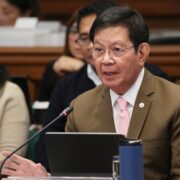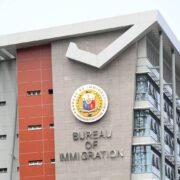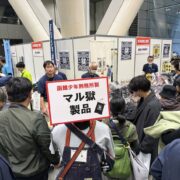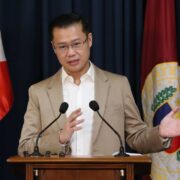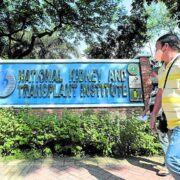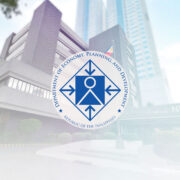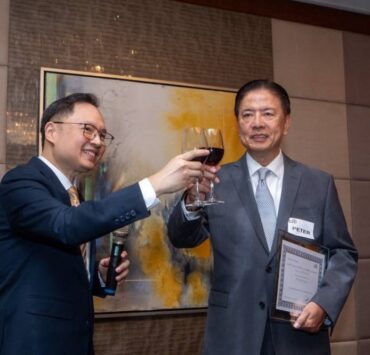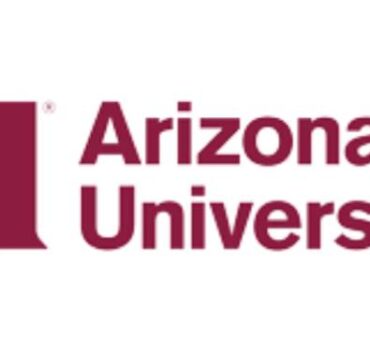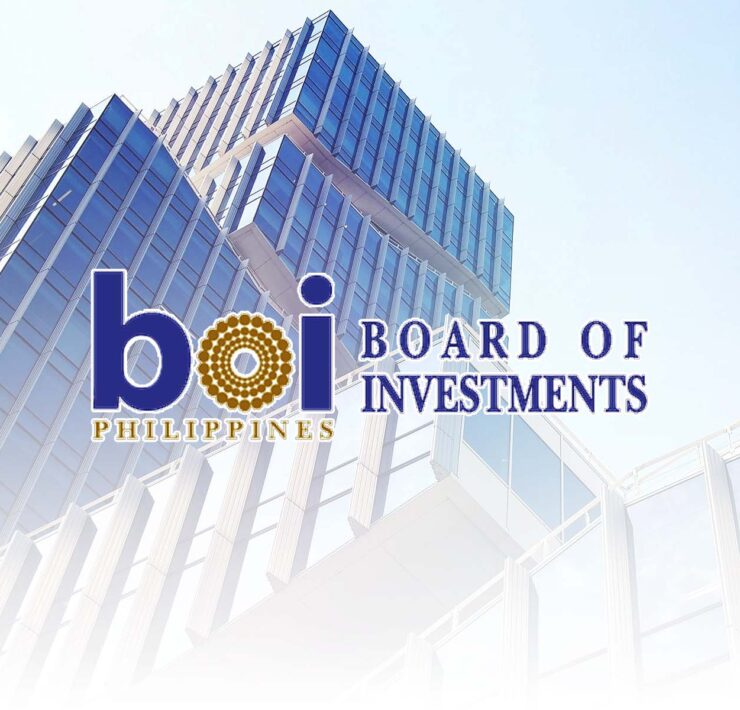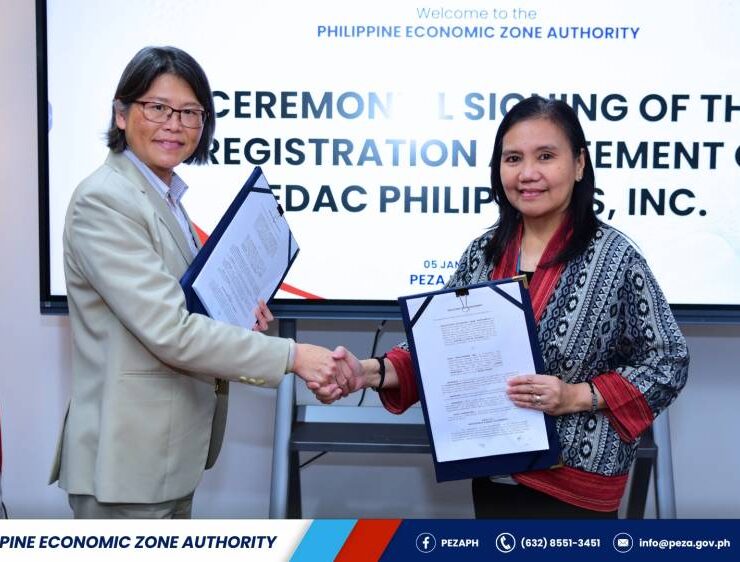PlasTIK eyed to solve the problem of plastic
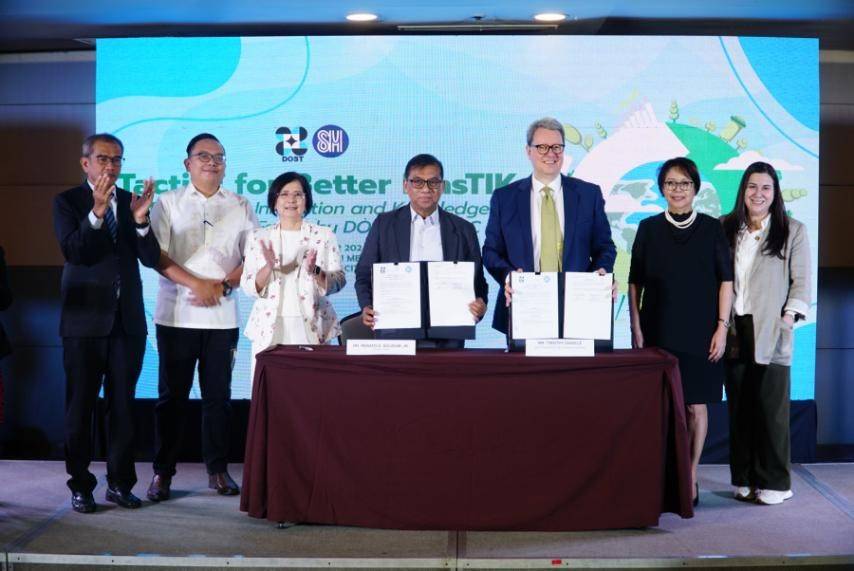
Responsible waste management is not just a corporate responsibility but “a moral imperative” for the SM group.
Engineer Liza Silerio, vice president for corporate compliance and head of sustainability and resilience for SM Supermalls, says SM Prime Holdings, particularly SM Supermalls, has long recognized the critical need for responsible waste management.
Silerio was one of the speakers during the “Tactics for Better PlasTIK (Technology, Innovation, Knowledge)” forum at Megatrade Hall 3, SM Megamall, Mandaluyong City.
During the event, SM Investments Corporation (SMIC) and the Department of Science and Technology (DOST) signed a memorandum of understanding to help advance the development of sustainable plastic materials and improve plastic waste management strategies.
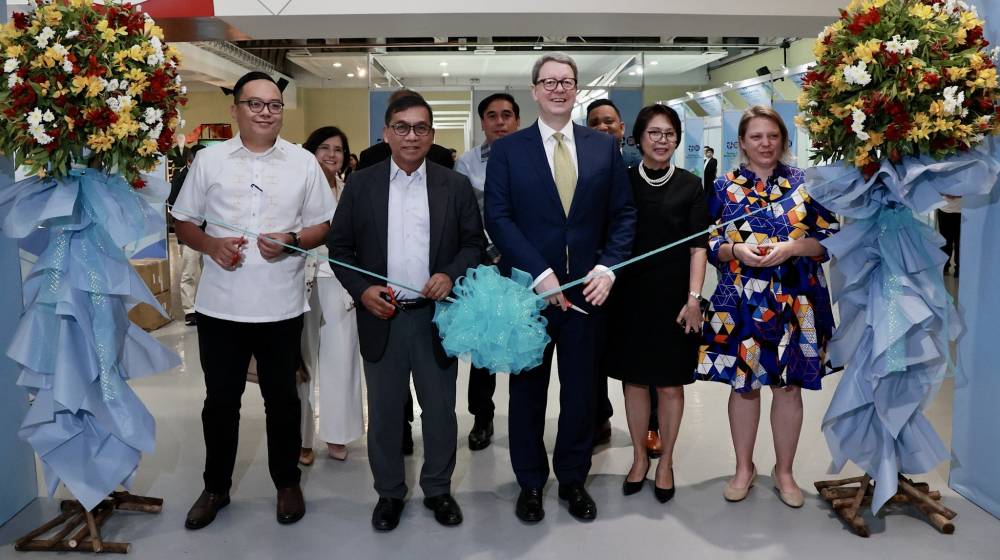
The signatories agreed to collaborate on essential and sustainable plastics initiatives, including joint research and development, training programs and conferences.
A small exhibit showcased some products made out of recycled plastic.
Silerio says the mall chain complies with rules and regulations of the Department of Environment and Natural Resources (DENR).
“Our malls are equipped with materials recovery facilities and have standardized them according to solid and special waste. We partner with responsible DENR-accredited contractors for all collection and treatment requirements.”
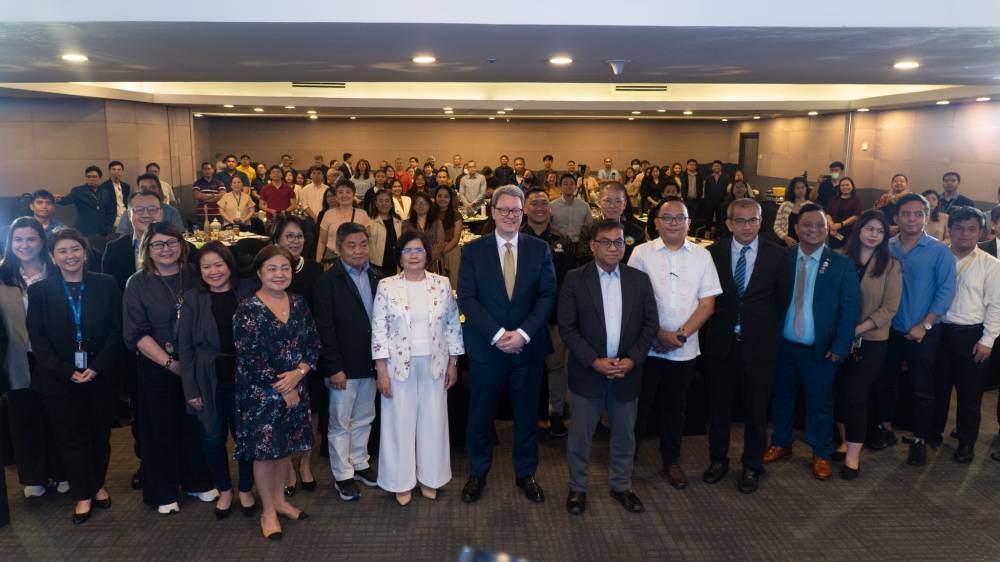
SM malls has also institutionalized many programs to support proper waste management in line with the 3Rs – Reduce, Reuse, Recycle. The SM group, most notably its retail and mall teams, have been taking steps to reduce plastic use, recognizing that bags at retail outlets, product packaging, plastic water bottles and food packaging, among other things, are major contributors to plastic waste.
A standardized waste segregation policy, RDC (Recyclable, Disposable and Compostable), and a mall-wide Waste-Free Future campaign are currently being implemented.
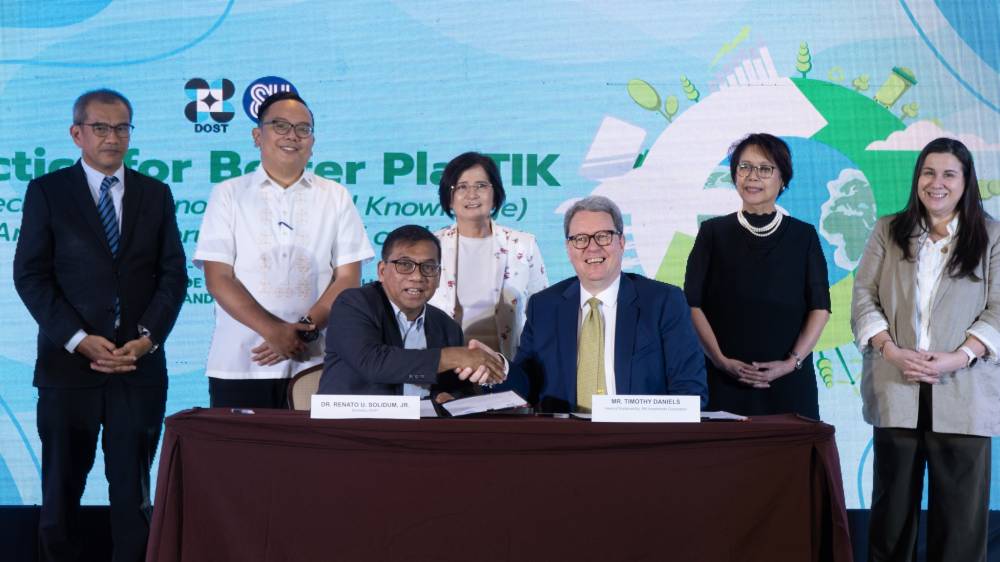
Circular economy
DOST Secretary Renato Solidum, Jr. says technologies are making it possible to replace plastic from fossil fuel with plastic from renewable natural materials. The Philippines is among the top producers of plastic waste.
DOST is promoting scientific and technological innovations for a circular economy, which means waste could be reused and have economic value again. The exhibit featured all sorts of products that used plastic – from fabrics to cosmetics.
He adds that DOST seeks to create an ecosystem conducive to the growth of innovation and technology.
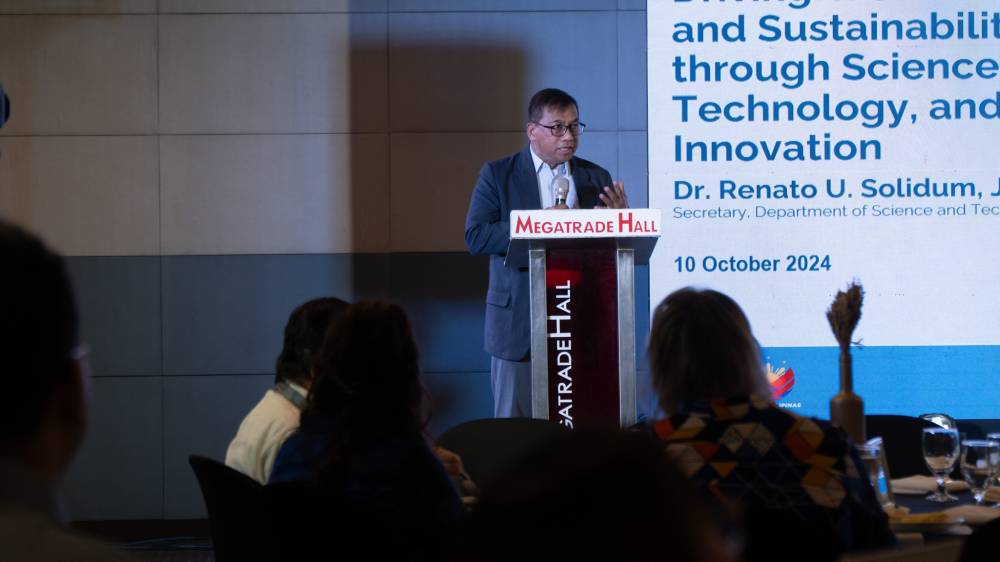
Enrico Paringit, executive director of DOST’s Philippine Council for Industry, Energy, and Emerging Technology Research and Development, says the agency is seeking solutions that fit everyone’s needs. He says there are many opportunities in the area of sustainable plastic use.
Timothy Daniels, head of investor relations and sustainability at SMIC, says their purpose is to come up with solutions that the SM group will be able to use, while George Cheung says Guun is a solution platform for the SM group that tasked with dealing with waste.
In her speech, Silerio mentions that the SM group, through SM Prime Holdings, has partnered with Guun, a Yokohama-based Japanese company, to invest in waste-to-fuel technology. “Our joint venture, SM Guun, originating from Cebu, involves the sorting, shredding, and baling of disposable wastes into a by-product – ‘fluff fuel’, a sustainable alternative fuel source for cement plants.”
The partnership aims to develop infrastructure for systematic waste management and resource recovery. It will implement the Japanese technique of reducing landfill impact. The technology converts non-recyclable and hard-to-recycle packaging into alternative fuel.
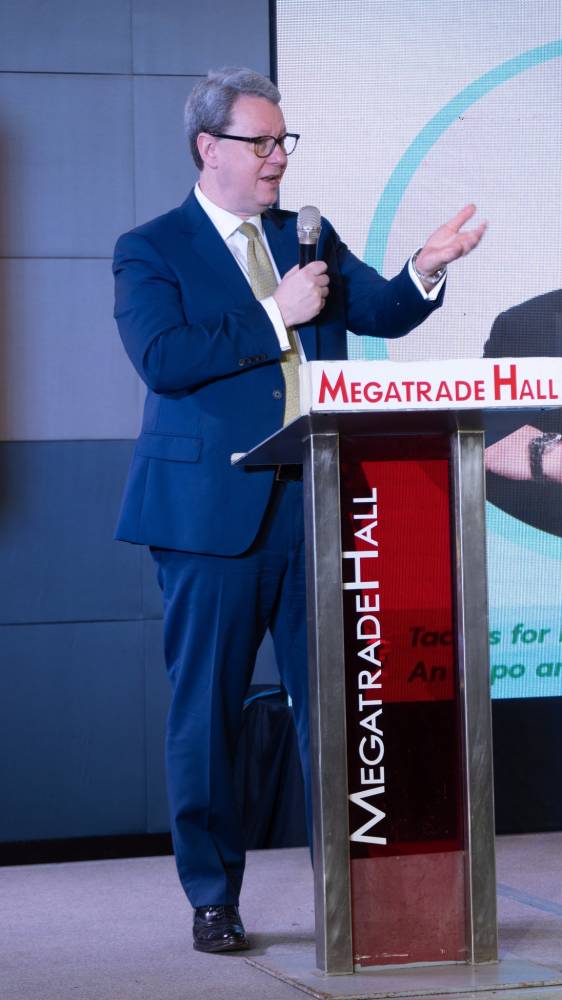
From waste to fertilizer
In addition, SM was also developing systems to process compostable waste from its malls into valuable soil conditioners. “Technology is transforming how we reduce, reuse and recycle. Through innovation, we can minimize our environmental footprint, close the loop and pave the way for a circular economy,” Silerio says.
With the MOU, Solidum expresses optimism that the department could provide solutions and open opportunities for industry players and Filipinos in general. “DOST remains committed to bring technologies from the development stage to real-world application.”
Paringit gives assurance that DOST will be at the forefront of making innovations work for the Filipino.
Daniels underscores the importance of the partnership between SMIC and DOST. “We are keen to work with our many stakeholders to reduce plastics use in the Philippines. . . This collaboration with DOST will enhance our collective waste management efforts and also foster knowledge sharing and sustainable partnerships across sectors to help achieve that.”
The SM group, most notably its retail and mall teams, has been taking steps to reduce plastic use, recognizing that key contributors of plastic waste include bags at retail outlets, product packaging, as well as plastic water bottles and food packaging.





